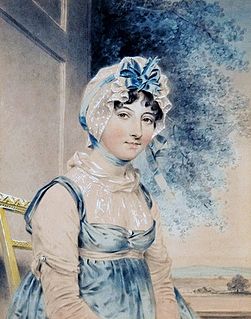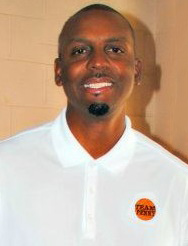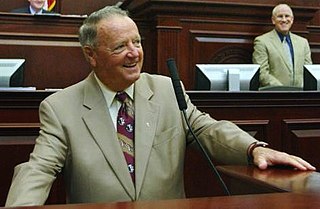A Quote by Louisa May Alcott
Rome took all the vanity out of me; for after seeing the wonders there, I felt too insignificant to live, and gave up all my foolish hopes in despair.
Related Quotes
But I remember the morning after The Mask of Virtue-which is the first play I did at the West End-that some critics saw fit to be as foolish as to say that I was a great actress. And I thought, that was a foolish, wicked thing to say, because it put such an onus and such a responsibility onto me, which I simply wasn't able to carry. And it took me years to learn enough to live up to what they said-for those first notices. I find it so stupid. I remember the critic very well, and have never forgiven him.
My mother took too much, a great deal too much, care of me; she over-educated, over-instructed, over-dosed me with premature lessons of prudence: she was so afraid that I should ever do a foolish thing, or not say a wise one, that she prompted my every word, and guided my every action. So I grew up, seeing with her eyes, hearing with her ears, and judging with her understanding, till, at length, it was found out that I had not eyes, ears or understanding of my own.
The library card is a passport to wonders and miracles, glimpses into other lives, religions, experiences, the hopes and dreams and strivings of ALL human beings, and it is this passport that opens our eyes and hearts to the world beyond our front doors, that is one of our best hopes against tyranny, xenophobia, hopelessness, despair, anarchy, and ignorance.
I could not forbear getting up to the top of a little mountain, and looking out to sea, in hopes of seeing a ship : then fancy that, at a vast distance, I spied a sail, please myself with the hopes of it, and, after looking steadily, till I was almost blind, lose it quite, and sit down and weep like a child, and thus increase my misery by my folly.
Optimism is a matter optics, of seeing what you want to see and not seeing what you don't want to see. Hope, on the other hand, is a Christian virtue. It is the unblinking acknowledgment of all that militates against hope, and the unrelenting refusal to despair. We have not the right to despair, and, finally, we have not the reason to despair
My mother sent me and my sisters to Italy every year for language school, so I spent a lot of my teenage years in Florence and Rome. After university I went to Harvard for a year, dropped out, and then went to Paris, where I ended up staying 10 years. It's different from being American: If you're British, you're expected to live at the far corners.







































